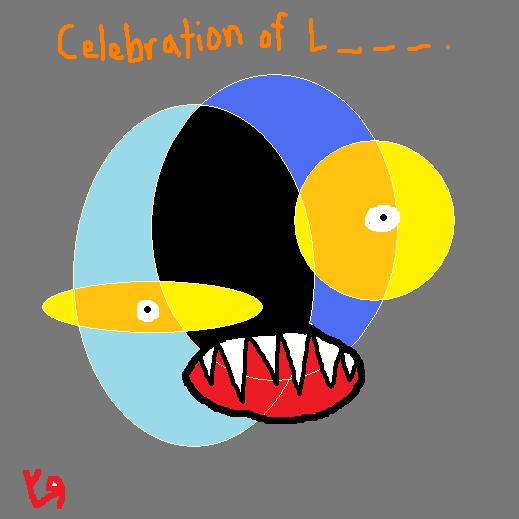The test says “Do not spend too much time on any one question. If you do not know the answer, guess. Guessing will not be held against you.”
How can they say guessing will not be held against you? It makes no sense.
The questions are multiple choice. If you guess you have a one-in-four chance of choosing the right answer and a three-in-four chance of choosing the wrong answer.
If you choose the wrong answer that will be held against you. Therefore, should you guess, there is a three-in-four chance guessing will be held against you.
The statement is misleading. They mean: should you guess right– only in this case will guessing not be held against you. They won’t say “You guessed right on question four. Zero credit.” They mean they can’t read your mind– should you guess right.
If you guess wrong it will be the same as if you marked the wrong answer through careful deliberation.
Those odds, one-in-four, three-in-four, may change depending on whether or not any of the answer choices are obvious.
I spend one-fourth of my time on the timed test filling in the circles on the answer sheet. The pencil lead– graphite, really– filling in the small circles. Completely. No lines outside the circle. No empty white space inside the circle. Care in a task which does not affect the outcome in any meaningful way. That is my foible.
The larger problem of the bizarre statement of fact that is not a fact, and is not even logical, is an example of the sort of thing I observe constantly and how I think about it. It’s the reason I think human society is absurd.


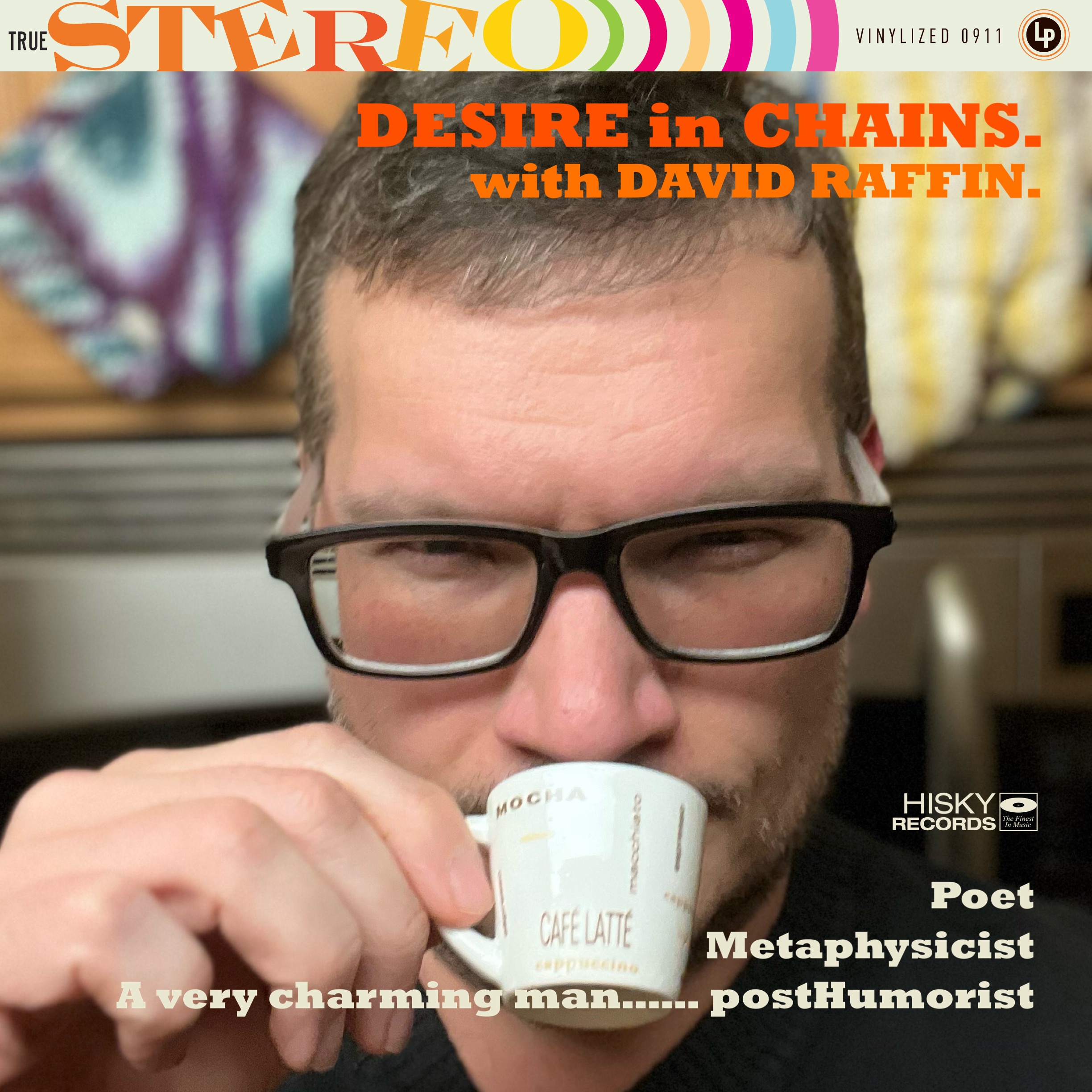



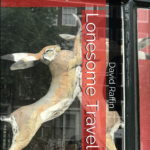
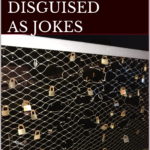





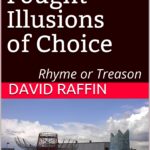
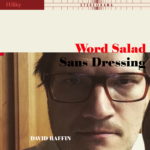


 RSS - Posts
RSS - Posts